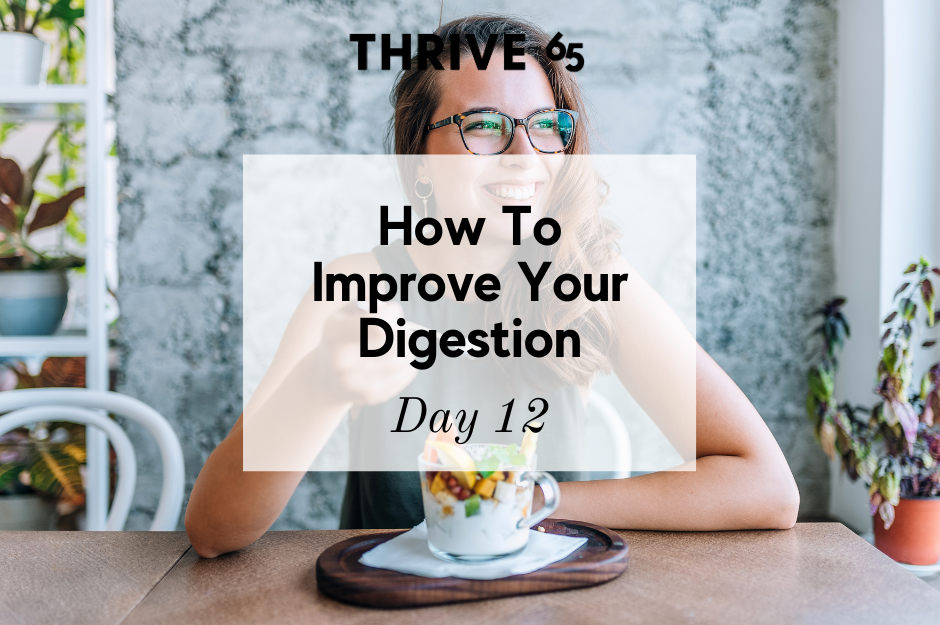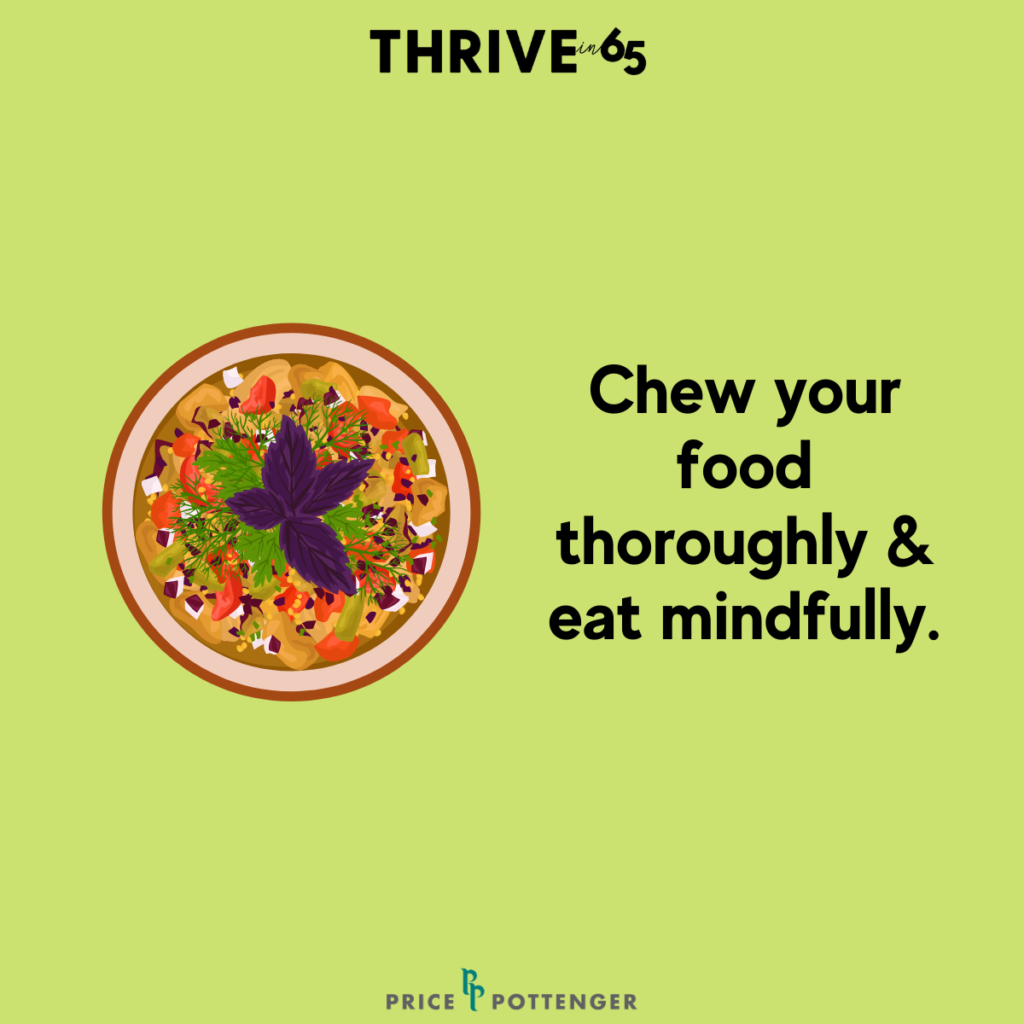Access to all articles, new health classes, discounts in our store, and more!
How to Improve Your Digestion

Digestion is often a mindless process for us—unless something goes wrong. Digestive disorders impact as many as 70 million people in the United States. Too many of them think that popping an antacid is the solution, but that only adds to the problem.
Supporting your digestion in ways that will promote ongoing health is a fundamental part of wellness. Why? Your nutrition is only as good as the food that your body can digest and absorb. You can eat all the healthy foods in the world, but if your body can’t extract nutrients from them, you will still be malnourished and unwell.
Common Digestive Problems
Your digestive system starts with the mouth and includes the esophagus, stomach, small intestine, and large intestine. It also heavily relies on other organs to function properly, including the gallbladder, liver, and pancreas.
Digestive problems can occur in any part of the digestive system, but some of the most common issues include:
- Chewing difficulties relating to oral health or jaw problems
- Swallowing problems
- Acid reflux, GERD, or heartburn
- Stomach ulcers
- Low acid levels due to chronic use of antacids
- SIBO (small intestinal bacterial overgrowth)
- Leaky gut
- Celiac disease
- Irritable bowel syndrome (IBS)
- Inflammatory bowel disease (IBD) like Crohn’s or colitis
These can range from mild to serious, but the symptoms for many of these are overlapping. Heartburn, indigestion, belching, and bloating are common signs that something is “off” with your digestion. Chronic constipation or diarrhea are also indicative of issues, and symptoms of digestive problems can extend throughout the body, including skin conditions, neurological symptoms, pulse and blood pressure changes, and more. (If you experience digestive symptoms that are persistent, you should always check in with your healthcare provider for testing and treatment.)
Antacids and prescriptions to “fix” digestive problems only put a bandaid on the issue. Plus, they come with side effects that may create a whole new set of problems. This is where conventional medicine usually goes wrong. Instead of looking for the underlying source, they only seek to mitigate the specific symptoms.
Natural Ways to Support Digestion
You can support optimal digestion in many ways. If you have a diagnosed digestive problem, you should work with your healthcare provider to find a holistic approach for treatment. To promote good digestion and to prevent problems, consider adopting the following digestive-friendly approach:
- Eat mindfully. Too often we eat in a state of stress, rushing through meals while barely chewing food. Slow down and chew your food thoroughly. Put away distractions while you eat and savor each bite. When your food enters your stomach partially chewed, you have to work harder to break it down. This could result in sending food on to the small intestine that is also not fully broken down, hindering absorption, and exacerbating conditions like SIBO.
- Eat prebiotics and probiotics. Prebiotics are foods that nourish the good bacteria that live in your gut. Probiotics are the good bacteria themselves. You need both on a consistent basis for a healthy microbiome and an overall thriving digestive system. You can get these by eating a range of healthy, prebiotic foods like garlic, onion, leeks, and asparagus, as well as by including fermented foods in your diet on a regular basis. When needed, you can also supplement with probiotics.
- Maintain proper hydration. Your digestive system needs water to effectively function. Dehydration can lead to poorer nutrient absorption and can worsen constipation. Drink plenty of water and herbal tea throughout the day, but don’t guzzle fluids with your meals.
- Avoid processed foods. Foods that aren’t in a completely natural state are harder for your body to digest. Eating foods that are whole and unprocessed will facilitate better digestion.
- Soak and/or ferment foods that contain antinutrients. While nuts, grains, and seeds can offer some benefits, they are more easily digested when they are properly prepared. Soaking or fermenting can decrease the level of antinutrients while allowing the foods to break down more easily during digestion. When eaten in moderation as part of an ancestral diet, these foods can be beneficial.
Today’s Simple Step
Even in the midst of a chaotic schedule, taking time to eat your meals with focus and calm can produce health benefits that extend throughout your day. Every time that you eat today, minimize distractions and try to focus on chewing and sitting in a comfortable but upright position to allow for optimal transport of foods from the mouth to the stomach. Eating when you are slouched over can result in more heartburn or digestive discomfort.
Today’s Recipe
This Shaved Asparagus and Watercress Salad is a great example of a food that contains prebiotics, plus other nutrients like vitamins, minerals, fiber, and more.




